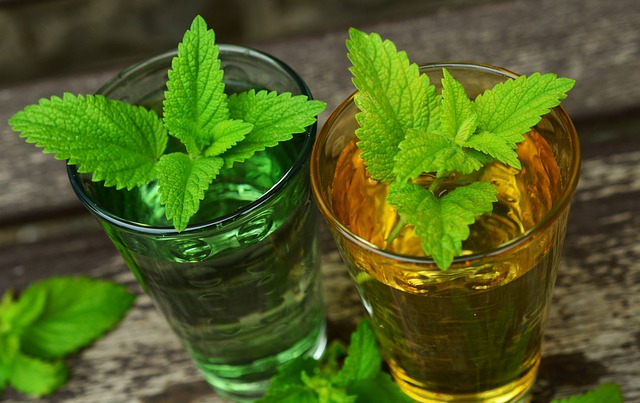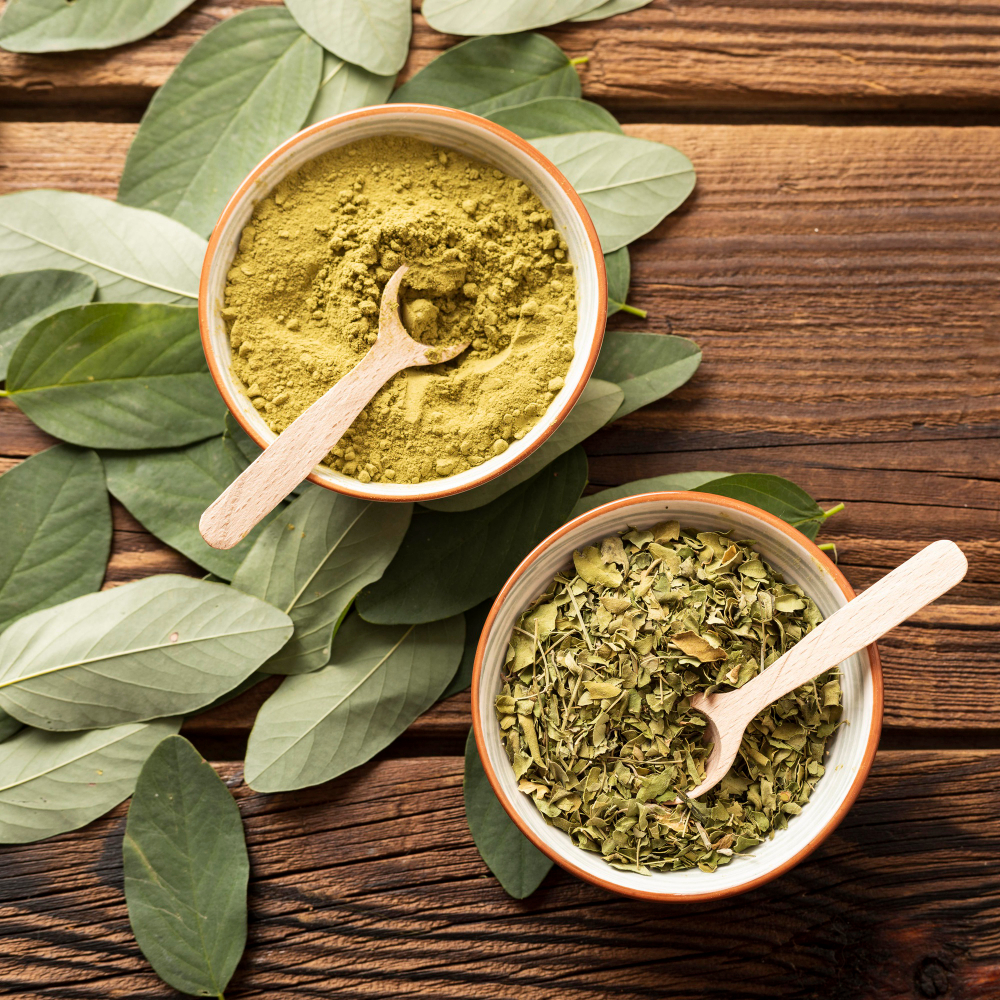Alcohol dependency and the ensuing withdrawal phase present significant challenges that affect both physical and mental health. In the quest for safer, more natural therapeutic options to alleviate these symptoms, kratom, a tropical herb native to Southeast Asia, has garnered attention as a potential alternative.
This article delves into the effectiveness of kratom in easing the discomforts associated with alcohol withdrawal. It critically examines the herb’s practicality and safety, providing a balanced view of its potential to aid recovery. We will explore user testimonials, scientific studies, and expert opinions to give a comprehensive understanding of kratom’s role in overcoming alcohol dependency.
Table of Contents
Understanding Alcohol Withdrawal
When individuals abruptly stop consuming alcohol after prolonged use, they often encounter alcohol withdrawal syndrome, characterized by a range of symptoms from mild anxiety to severe physiological disturbances like tremors and seizures. The severity and unpredictability of these symptoms can require urgent medical intervention.
Traditionally, managing alcohol withdrawal involves a combination of medications, such as benzodiazepines, and supportive therapies like counseling and group therapy. These treatments aim to mitigate symptoms and support a smoother recovery, helping individuals manage cravings and prevent relapse.
What is Kratom?
Kratom is sourced from the leaves of the Mitragyna speciosa tree, primarily found in Southeast Asia. The leaves contain several psychoactive compounds, notably mitragynine, and 7-hydroxy mitragynine. These alkaloids interact with opioid receptors in the brain, providing pain relief and a mild euphoric effect, which can be beneficial in alleviating the discomforts associated with alcohol withdrawal.
Although kratom is not classified as an opioid, its effects are similar, offering a gentler alternative with a significantly reduced risk of respiratory depression and other opioid-related side effects. This makes kratom a potential option for those seeking relief during the recovery process from alcohol dependence.
Kratom’s Potential for Alcohol Withdrawal
There is anecdotal evidence suggesting that kratom might ease specific withdrawal symptoms, such as anxiety and sleep disturbances. This potential makes it a subject of interest for many who seek alternatives to traditional pharmaceuticals. However, the scientific community has yet to fully endorse kratom due to the need for more comprehensive research to validate these claims and clarify the herb’s safety profile.
Beneficial Kratom Combinations
The effectiveness of kratom in alleviating withdrawal symptoms can be significantly enhanced when combined with other natural substances. This integrative approach can help manage a broader spectrum of withdrawal symptoms more effectively. Here are some beneficial combinations: Kava
Kava, known for its soothing and anxiolytic properties, works well with kratom to enhance its anxiety-reducing and sleep-inducing effects. This combination is particularly effective in the evenings for promoting relaxation and ensuring restful sleep. It’s essential to get the dosage right to achieve the optimal benefits, making products from Mitra9 Kratom & Kava an excellent choice.
Chamomile
This herb is widely recognized for its calming properties and ability to improve sleep quality. When used with kratom, chamomile can amplify the relaxing effects and help mitigate the anxiety and insomnia that often accompany alcohol withdrawal.
Valerian Root
Another potent herb for promoting sleep and reducing anxiety, valerian root can complement kratom’s effects by deepening relaxation and helping to stabilize mood swings.
Passionflower
Often used for its calming effects, passionflower can enhance the anxiety-reducing properties of kratom, making it a valuable adjunct for those experiencing heightened stress during withdrawal.
Lemon Balm

Lemon balm, widely recognized for its calming properties and ability to improve sleep quality, can be effectively paired with kratom to amplify these benefits. This combination works synergistically to soothe the nervous system, providing enhanced stress relief and promoting more profound, restorative sleep. Together, they offer a potent remedy for those seeking natural ways to relax and unwind.
Combining these natural substances with kratom not only targets multiple symptoms but also creates a synergistic effect that can improve overall well-being during the challenging withdrawal phase. It’s vital to consult with a healthcare provider before starting any new supplement regimen, especially during withdrawal, to ensure safety and appropriateness.
Safety Considerations and Risks
Despite the benefits some users report, kratom is not without risks. Potential side effects include nausea, liver damage, and dependence, particularly with prolonged use. The legal status of kratom also complicates its use; it is illegal in some countries and states, and where it is legal, it often comes with strict regulations.
Users must consult healthcare professionals before starting kratom, mainly to discuss its interaction with other withdrawal medications and overall suitability for their specific health conditions. This precaution helps mitigate risks and ensures a safer approach to using kratom during alcohol withdrawal.
Conclusion
While kratom may offer some advantages for managing symptoms of alcohol withdrawal, it is essential to approach its use with caution. The potential benefits must be weighed against the risks and legal considerations. Anyone considering kratom should thoroughly discuss it with a healthcare provider to ensure it fits safely into their recovery plan.
For those who have tried kratom or are considering it for alcohol withdrawal, sharing experiences and information can be incredibly beneficial. Please feel free to contribute your thoughts and questions below, as your input could provide critical insights for others navigating their recovery journey.




